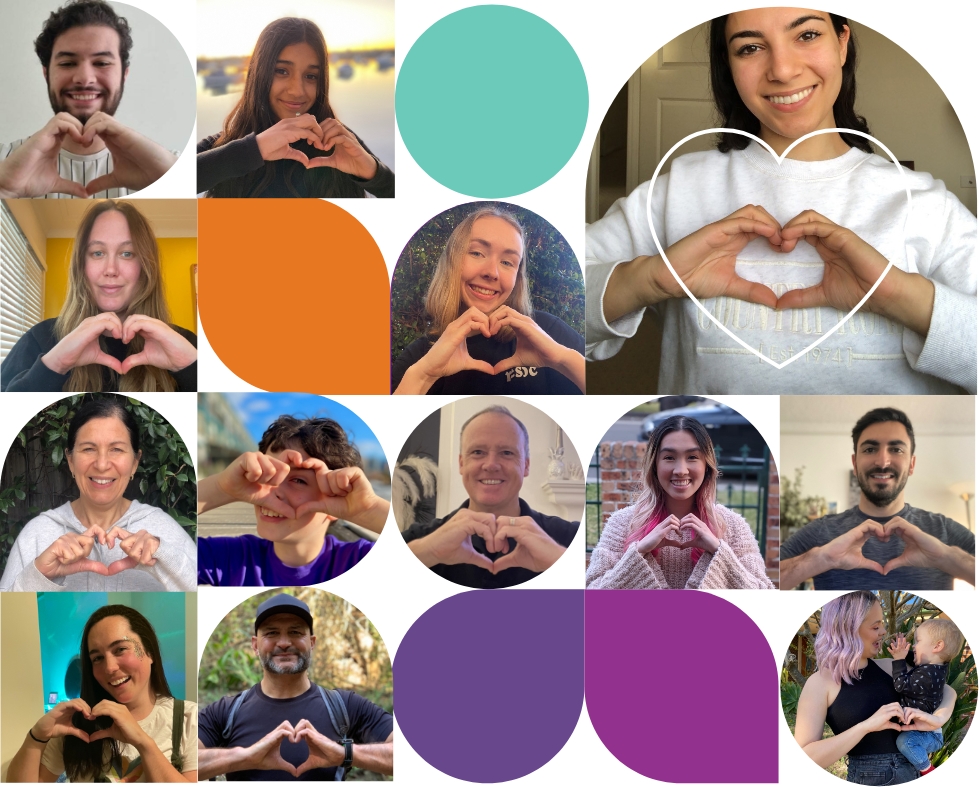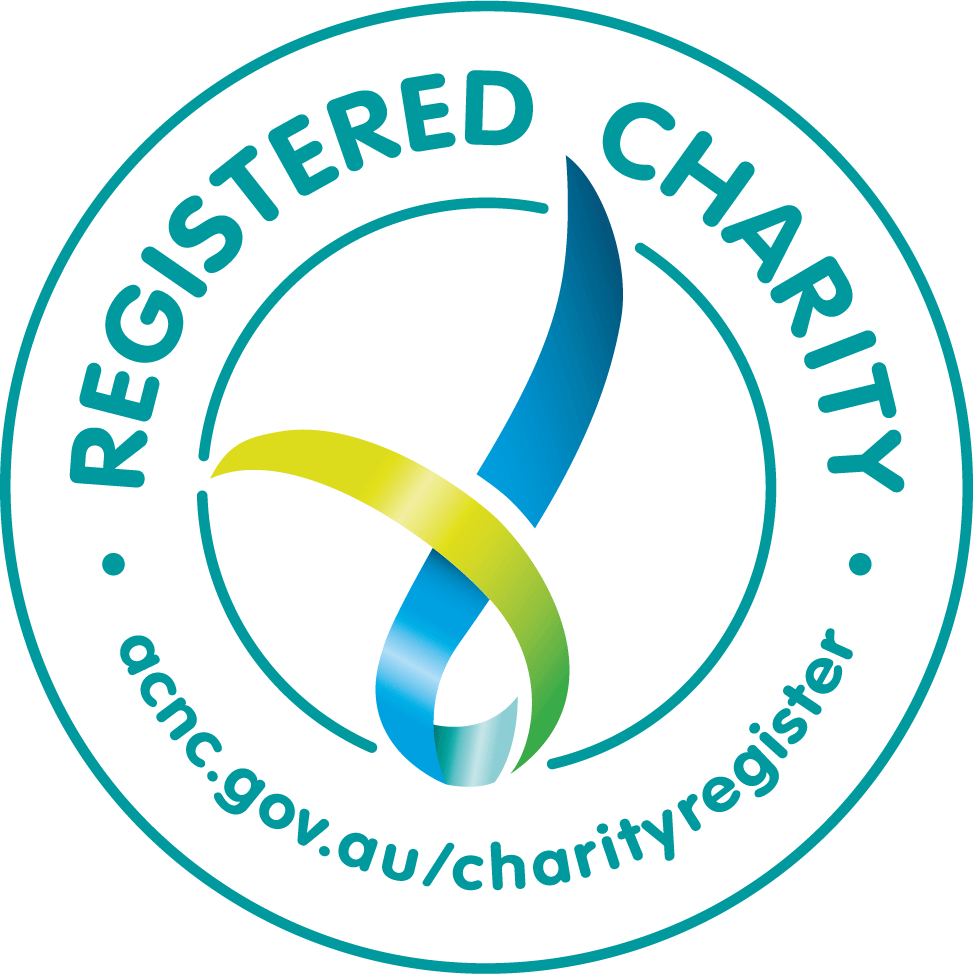Mateo is a boy who is full of life. “He has a strong personality,” says his mum Myra, “At school, he’s the funny guy. He tends to be the person that the kids are drawn to because he's the entertainer in the class.”
Full of energy as a young child, Myra noticed as he got older Mateo stopped going outside to play, stopped running around and started spending more time indoors playing video games. While she noticed the change in her son, she brushed it off as part of growing older and getting more into the online world – something many children begin to do as they grow out of early childhood.
For Mateo, and unknown to everyone, this change in his behaviour was actually a symptom of a serious illness.
It was at a birthday party in a local play centre when Mateo suddenly collapsed. “My first instinct was just to go to him, to try and wake him up. I made sure he was breathing, and he was, but he wasn’t responding. A friend began CPR, and I was kneeling next to him trying to call his name, trying to wake him up, but he just continued to have his eyes closed and he wasn't responding. I don't know how much longer after that, but I could see that he was having trouble breathing. He was gasping like he couldn't get a breath in.”

Mateo had suffered a cardiac arrest. Paramedics arrived and rushed Mateo to The Children’s Hospital at Westmead. “As soon as we arrived at the hospital, they had monitors on him. What I could see, which was a surprise that I'd never noticed before, was that his heart was actually jumping out of his chest.”
Myra was given the news that every parent fears the most, that Mateo was desperately unwell. Clinical teams worked tirelessly to keep him alive, and eventually his condition stabilised. Then the long process began of finding what was wrong with him and how it could be treated.
Mateo spent three months in hospital. “We went through a lot of tests to try and figure out what he had. And there were a lot of departments working together to try and figure it out.”
After months of tests, doctors finally had a diagnosis for Mateo and his family, and a choice between a transplant or a clinical trial.
“Kids Research is the research arm of the Sydney Children’s Hospitals Network that works to advance care of sick children and young people through innovation, research and, ultimately, bringing new treatments to children we care for,”
— Paula Bray, Director of Research for Sydney Children's Hospitals Network
Mateo was accepted into a clinical trial for his condition. “When we heard that he was accepted, we were just elated that he could then try something that's not going to be a transplant,” says Myra.
Mateo has so far responded positively to the trial. “I watched him increase his walking from a few hundred meters to more like double that. We knew that he was able to do a lot more, and he was talking more. Then we were seeing him running around at the playground at the hospital.”
Eventually, Mateo became well enough to leave, and for a while after he was discharged, an oxygen tank came with him everywhere. But soon, as Mateo got even stronger, he no longer needed any oxygen, and is now back at school, and back to being the life of the classroom.

“While Mateo was unwell I stayed strong for him, and it was tough every day to stay upbeat for Mateo, and stay happy for him. Now, research is just helping him get back to life. He’s not stuck at home or stuck in hospital. He’s able to just be a child.”
— Myra, Mateo's mum
Mateo is one of many children currently participating in a clinical trial for their condition. In 2024, trials conducted by Kids Research involved around 1500 children in over 260 clinical trials.
“These trials were a mix of drug, device and therapy trials developed specifically to improve and transform care for children and young people with common and catastrophic illness,” says Dr Bray. “Through trials we gain the evidence we need to offer our patients the best possible care, and in some cases, show that we can cure previously incurable, life-limiting conditions.”
In 2024, SCHF donated $10.9 million to Kids Research. With the support of donors, Sydney Children’s Hospitals Foundation proudly funds crucial clinical trials infrastructure and key critical research staff across the SCHN. Through this dedicated and skilled workforce that support and enable clinical trials across the SCHN, every child can have access to the newest and best treatments.

Essential clinical trials are only possible thanks to generous donors. Donate today to Sydney Sick Kids Appeal and you can support the vital work of Kids Research, funding the team of experts working to change the future for sick kids like Mateo.












